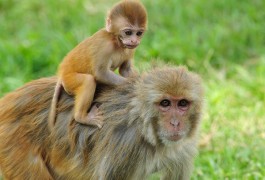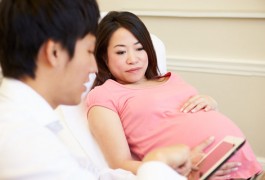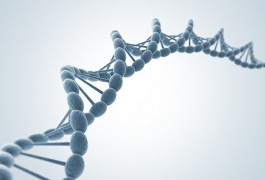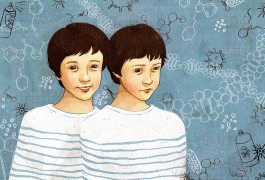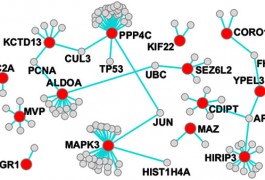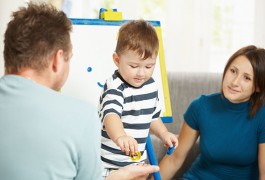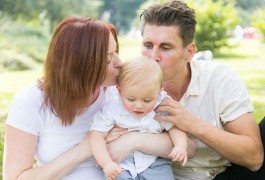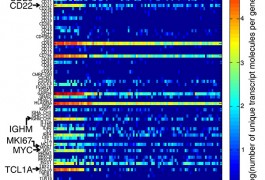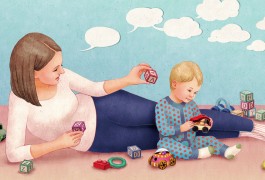Monkey mother’s immune response changes her infant’s brain
Monkeys whose mothers are infected with a mock virus while pregnant show abnormal branching of certain brain cells. The findings may help explain why infection during a woman’s pregnancy ups the risk of autism in her children.







